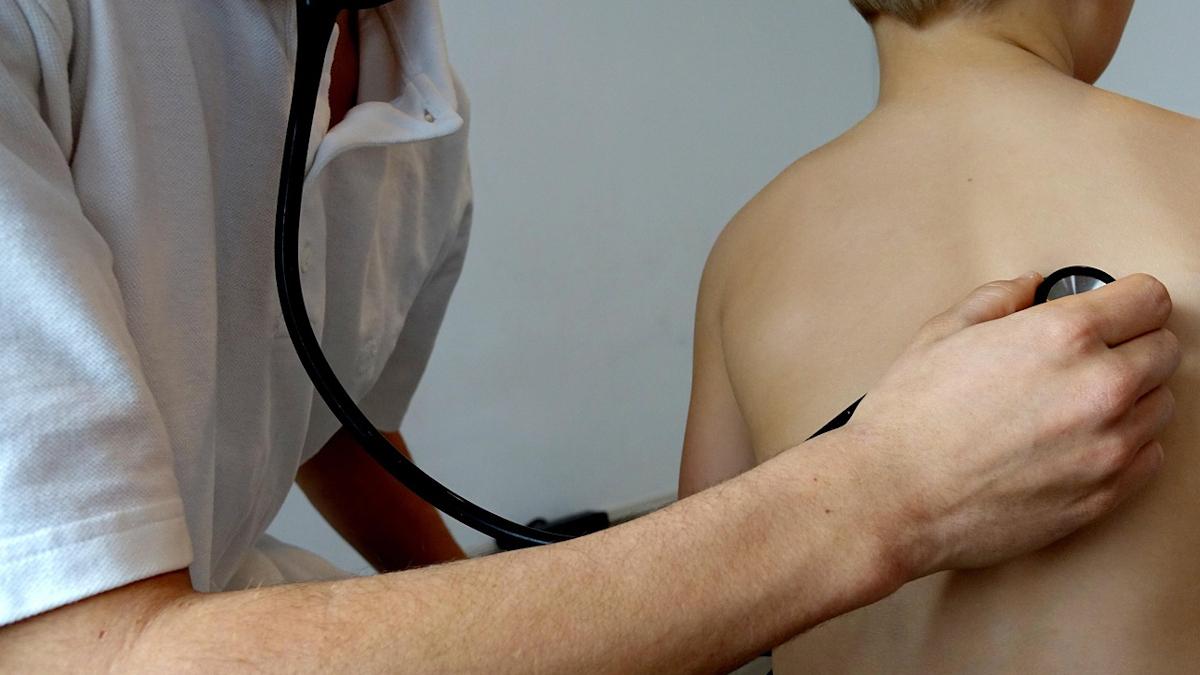Freenome raises $254m for cancer tests, and other financings

Our round-up of recent biotech financings is headed by a $254 million private financing for cancer blood test specialist Freenome, with sizeable rounds for Cogent Biosciences, BioAge Labs, Latigo Biotherapeutics, ProfoundBio, and Firefly Bio.
Diagnostics giant Roche led the round for South San Francisco-based Freenome, which is working on multiomics blood tests that promise to detect cancers at an early stage and has two candidates – for colorectal and lung cancer – already in pivotal trials involving tens of thousands of patients.
The company’s technology deploys genomic, transcriptomic, methylomic, and proteomic analyses to find tell-tale signs of cancer in a standard blood draw, and aims to identify patients who need treatment as early as possible, when they are most likely to benefit.
Roche was joined in the financing by a long list of venture investors in the round, including the American Cancer Society’s BrightEdge Ventures, ARK Investments, Bain Capital Life Sciences, and lab operator Quest Diagnostics. It comes after a run of very large financings for the company, including a $300 million Series D in late 2021 and a $290 million cash injection from Roche in early 2022 that took the total raised above the $1 billion threshold.
Cogent Biosciences is expected to close a follow-on public offering today, with proceeds of approximately $225 million that will be used to fund the development of its lead drug bezuclastinib, a KIT inhibitor heading for a phase 2 readout later this year in non-advanced systemic mastocytosis (SM), a rare form of blood cancer.
The new funding will extend the Waltham, Massachusetts biotech’s cash runway into 2027 and allow it to complete additional trials of the drug in advanced SM and gastrointestinal stromal tumours (GIST). If approved in SM, it will compete with established targeted therapies Novartis’ Rydapt (midostaurin) and Blueprint Medicine’s Ayvakit (avapritinib).
The financing was led by Commodore Capital and an unnamed large investment management firm, with participation from new and existing investors, including Fairmount Funds, Redmile Group, Janus, TCGX, Adage Capital, Venrock, Deerfield, and Perceptive Advisors.
Obesity drug developer BioAge Labs has pocketed $170 million in an oversubscribed Series D financing that will be used to support a phase 2 trial of a combination therapy based on its oral apelin receptor (APJ) agonist azelaprag with Eli Lilly’s dual GLP-1/GIP agonist tirzepatide – already approved as Zepbound for obesity treatment. The study is due to start later this year.
The Richmond, California-based biotech reckons that azelaprag can amplify the weight loss achieved with tirzepatide and improve metabolic and muscle function, improving their resulting body composition by preserving muscle function.
The round – which will fund the company for around three years – was led by Sofinnova, with additional backing from institutional biotech investors, as well as the venture capital arms of both Lilly and Amgen. BioAge licensed azelaprag from Amgen in 2021.
Thousand Oaks, California company Latigo Biotherapeutics has made its debut with $135 million in first-round financing from Westlake Village BioPartners – which incubated the start-up – as well as 5AM Ventures, Foresite Capital, and Corner Ventures.
Latigo has been built around an early-stage pain medicine, codenamed LTG-001, that targets NaV1.8 sodium channels and is being developed as an alternative to opioid analgesics for acute and chronic pain indications. It is chasing after Vertex Pharma’s VX-548, which also targets NaV1.8 and last month showed efficacy in a pair of phase 3 trials in patients undergoing abdominoplasty and bunionectomy surgery and – according to some analysts – could become a $5 billion-a-year blockbuster.
LTG-001 is in a phase 1 trial in healthy volunteers and, according to Latigo, may have “best-in-class” properties in terms of safety and efficacy. The company also has a suite of follow-up NaV1.8 drugs in early development.
An oversubscribed $112 million Series B for ProfoundBio reveals the continued interest in antibody-drug conjugates (ADCs) for cancer among biotech institutional investors, who joined in their droves to support the round led by Ally Bridge Group.
US and China-based ProfoundBio will use part of the proceeds for a pivotal trial in ovarian cancer of rinatabart sesutecan (Rina-S), a folate receptor-alpha targeted ADC, which is also in development for endometrial cancer. It will also support initial trials of CD70-targeted PRO1160, PTK7-targeted PRO1107, and bispecific ADC PRO1286.
New investors in the round included Nextech Invest, T Rowe Price Associates, Janus Henderson Investors, RA Capital Management, OrbiMed, Surveyor Capital, Medicxi, Logos Capital, Octagon Capital, Piper Heartland Healthcare Capital, and LifeSci Venture Partners, along with existing backers Lilly Asia Ventures (LAV) and LYFE Capital.
Finally, Firefly Bio emerged from stealth mode with a $94 million Series A financing – co-led by Versant Ventures and by MPM BioImpact, alongside Decheng Capital and with participation from Eli Lilly – that will be used to develop its degrader-antibody conjugate (DAC) platform, an emerging spin on the ADC approach.
DACs have the targeting properties of ADCs, but, rather than cytotoxic drug payloads, carry protein degraders that may offer reduced toxicity, as well as the ability to knock down rogue intracellular protein targets that have previously been considered “undruggable”. South San Francisco-based Firefly says preclinical studies have shown significant reductions in tumour volume at very low doses with a single administration of its DAC drugs.
Other companies operating in the DAC space include Nurix Therapeutics, which recently signed a wide-ranging partnership with Pfizer’s ADC unit Seagen for $60 million upfront and a total value of more than $3.4 billion, and Orum Therapeutics, which licensed a DAC to Bristol-Myers Squibb in a $180 million deal last year.













